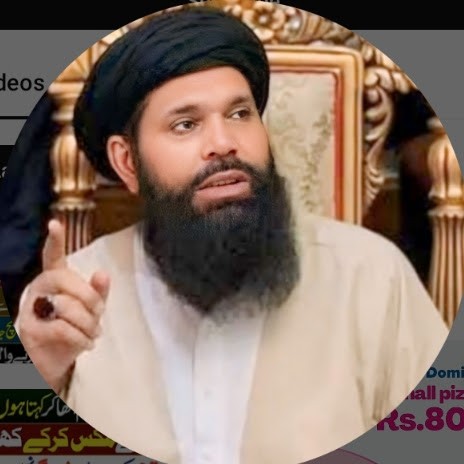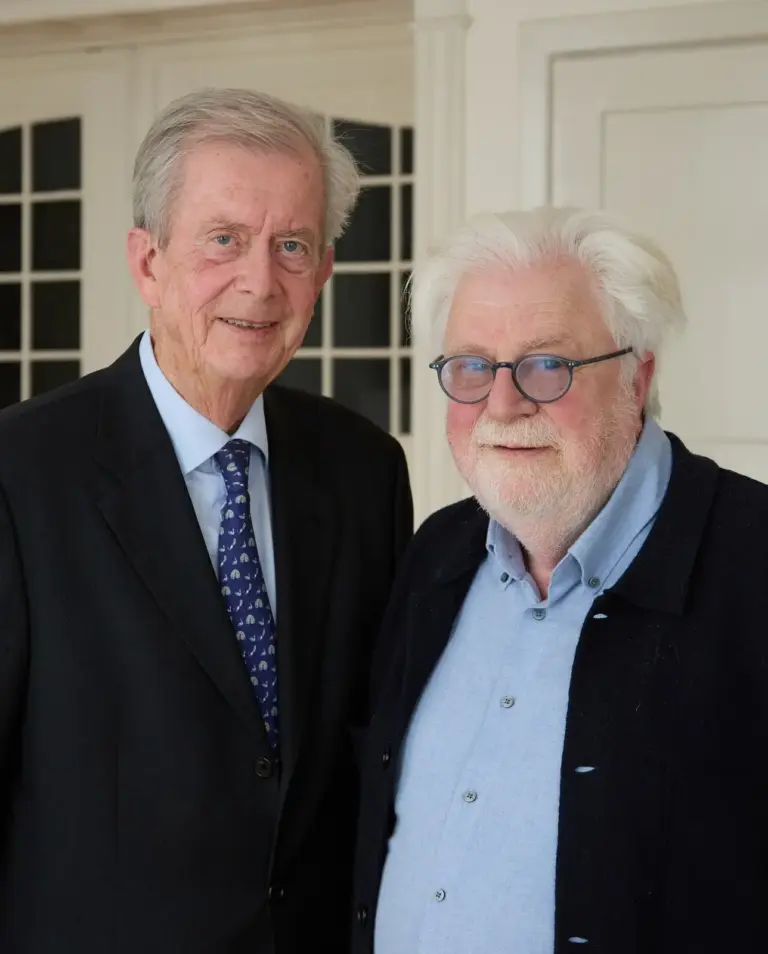Pakistan’s First Code of Ethics for Reporting Local Elections-developed by Pakistani media
INTRODUCTION
The media in Pakistan faces unique professional challenges when reporting on elections, particularly local elections.
Following the establishment of the National Media Partnership on Democracy through a signed declaration by most of Pakistan’s mainstream media houses in Karachi on November 4, 2010, this Code of Ethics has been drafted and signed by Pakistani media practitioners of all mainstream media houses (in Lahore on November 6, 2010) and further developed and endorsed with signatures by representatives of mainstream media associations (in Karachi in November 2010) as a guide to effective journalism for reporting local elections. It includes a mixture of ethical standards on which there is consensus that working journalists and editors should apply at all times, and those specific to local elections in Pakistan.
Reference documents for this code include: Codes of Conduct for Media in Elections (Ace Project www.aceproject.org) and Intermedia (www.intermedia.org.pk)
1. PREAMBLE
The following Joint Declaration on National Media Partnership on Democracy was adopted by Pakistan’s first National Media Conference on Electoral Reforms, attended by the owners and management of Pakistan’s mainstream media houses in Karachi on November 4, 2010:
“We the Pakistani media, comprising national and local newspapers, TV channels, radio stations, news agencies and educational broadcasters from both the private and public sector, recognize that we collectively and individually have a key role to play in strengthening and consolidating democracy in Pakistan. In this spirit, we hereby establish the National Media Partnership on Democracy. We commit ourselves to the highest journalistic standards comprising ethics, neutrality, search for objective and balanced information, investigation, thorough analysis, and respect for a code of conduct for reporting on (local government) elections”
In pursuance of Joint Declaration establishing the National Media Partnership on Democracy, a National Conference of Media Practitioners was held in Lahore on November 6, 2010, attended by senior media practitioners from most mainstream media houses, who adopted the following Declaration: ” We the representatives of national and local media representing television, radio and newspapers in both the private and public sector have drafted this Code of Ethics for Reporting Local Election, in Lahore on November 6, 2010, to serve as a guide to coverage of the next local elections and issues related to the local elections.”
On November 30, 2010, a National Conference of Media Associations was held in Karachi that further developed and endorsed Pakistan’s first Code of Ethics for Reporting Local Elections. The Code, as produced and adopted by Pakistan’s media owners, media practitioners and media associations, is outlined below:
CODE OF ETHICS FOR REPORTING LOCAL ELECTIONS
1. GENERAL PRINCIPLES
Accuracy
- Journalists shall report/broadcast/telecast local elections accurately; the information reported shall not be biased, misleading or false.
A journalist shall report only in accordance with verified facts and shall not suppress important information.
Journalists shall do the utmost to correct any harmful inaccuracies reported and ensure that the wronged person, candidate or party has an opportunity to reply.
Journalists shall not make allegations without substantial and factual proof, especially in a political context.
A journalist at the News Desk should countercheck that the report is not misleading, biased or false, or carries unsubstantiated false allegations.
Fairness
* Media owners, editors and reporters shall approach their work on reporting local elections in good faith and with public interest in mind.
* Journalists shall strive to provide equitable coverage to all candidates and parties.
* Journalists shall avoid using language or expressing ideas that may promote discrimination or violence, including on the basis of social positions, ethnicity, clan, religion, gender, language or political leaning.
* Journalists shall avoid making personal attacks.
* Journalists should respect the official deadline for election campaign and they should be particularly cautious about giving information which can wrongly cause a vote swing.
Balance
* Journalists shall commit to bringing diverse views and opinions in relation to a development related to local elections so that the public is educated on the different angles of a story.
* In case of candidates’ allegations against others, journalists should seek comments from both sides. However, even allegations being given coverage should be specific, not frivolous.
* Journalists should ensure coverage of election issues related to minorities and specific groups like women, and especially to highlight their fundamental rights as voters and candidates. Perspectives of marginalized communities should also be carried.
* Journalists shall make special efforts to cover election issues in remote areas, for which there is typically under-reporting.
Objectivity
* Journalists shall avoid presenting opinions, generalizations or stereotypes as facts while reporting local elections.
* Journalists should not allow their own likes, dislikes, political leanings or other personal biases to affect their reporting.
* Journalists shall challenge opinions with facts.
2. RELATED CONSIDERATIONS
Professional Integrity
* Journalists shall defend the principles of freedom of expression and freedom of the media.
* Journalists shall avoid conflicts of interest: they shall reveal potential conflicts of interest and seek professional advice if needed (for example from editors).
* Journalists shall not accept any inducements by the government, politicians, political parties, candidates or any third party to influence reporting.
* Journalists shall not promise politicians, political parties, candidates or any third party about the content of a news report.
* Journalists and media houses shall ensure that all paid advertisements and party publicity spots are clearly identified as such and not presented as news.
Information Sources
* When reporting local elections, journalists shall respect professional secrecy regarding the source of information obtained in confidence.
* If a source requests anonymity, consider the motive. If personal safety and security is at stake, respect the source’s anonymity.
* Voters must be given opportunities to express their opinions and views freely. Media must therefore provide opportunities for the public to take part in political debates.
3. GRAVE PROFESSIONAL OFFENCES
Journalists shall consider the following as grave professional offences, while reporting local elections:
* Plagiarism
* Malicious misrepresentation
* Calumny, slander, libel or unfounded accusations
* Acceptance of a bribe in any form in consideration of either publication or suppression of certain news or information
National Media Associations Conference on Electoral Reforms & Local Elections
Pakistan’s First Code of Ethics on Reporting Local Elections
November 30, 2010 at Marriott Hotel, Karachi List of Participants
|
# |
Name |
Organization |
Designation |
|
1 |
Mr. Najib Ahmed |
Association of Independent Radios (AIR) |
Chairman |
|
2 |
Mr. Naeem Mirza |
Punjab Association of Independent Radio (PAIR) |
Chairman |
|
3 |
Mr. Ehsan Ahmed Seher |
Rural Media Network Pakistan (RMNP) |
President |
|
4 |
Mr. Qasim Haider |
Educational Broadcasters Forum (EBF) |
President |
|
5 |
Mr. Asad Sahi |
PFUJ |
Senior Vice President |
|
6 |
Mr. Muhammad Imtiaz Khan Faran |
Karachi Press Club |
President |
|
7 |
Mr. Fakhar Uddin |
PEMRA |
Deputy GM |
|
8 |
Ms. Seemi Naghmana |
Federal Urdu University |
Mass Communication Dept. |
|
9 |
Mr. Salim Sethi |
Radio News Network (RNN) |
Editor |
|
10 |
Mr. Nasir Naqvi |
All Pakistan Newspaper Employees Council (APNEC) |
Chairman |
|
11 |
Ms. Tasneem Ahmer |
Pakistani Women Media Network |
Convener |
|
12 |
Mr. Khurshid Abbasi |
Karachi Union of Journalists |
President |
|
13 |
Mr. Babar Ayaz |
South Asia Free Media Association (SAFMA) |
Vice President |
|
14 |
Mr. Mehdi Raza |
Association of Independent Radios (AIR) |
General Secretary |
|
15 |
Mr. Riaz Ahmed Saghar |
Association of News Agencies |
Representative |
|
16 |
Mr. Syed Hassan Abbas |
Karachi Union of Journalists |
General secretary |
|
17 |
Mr. Ramzan Chandio |
The Nation |
Reporter |




